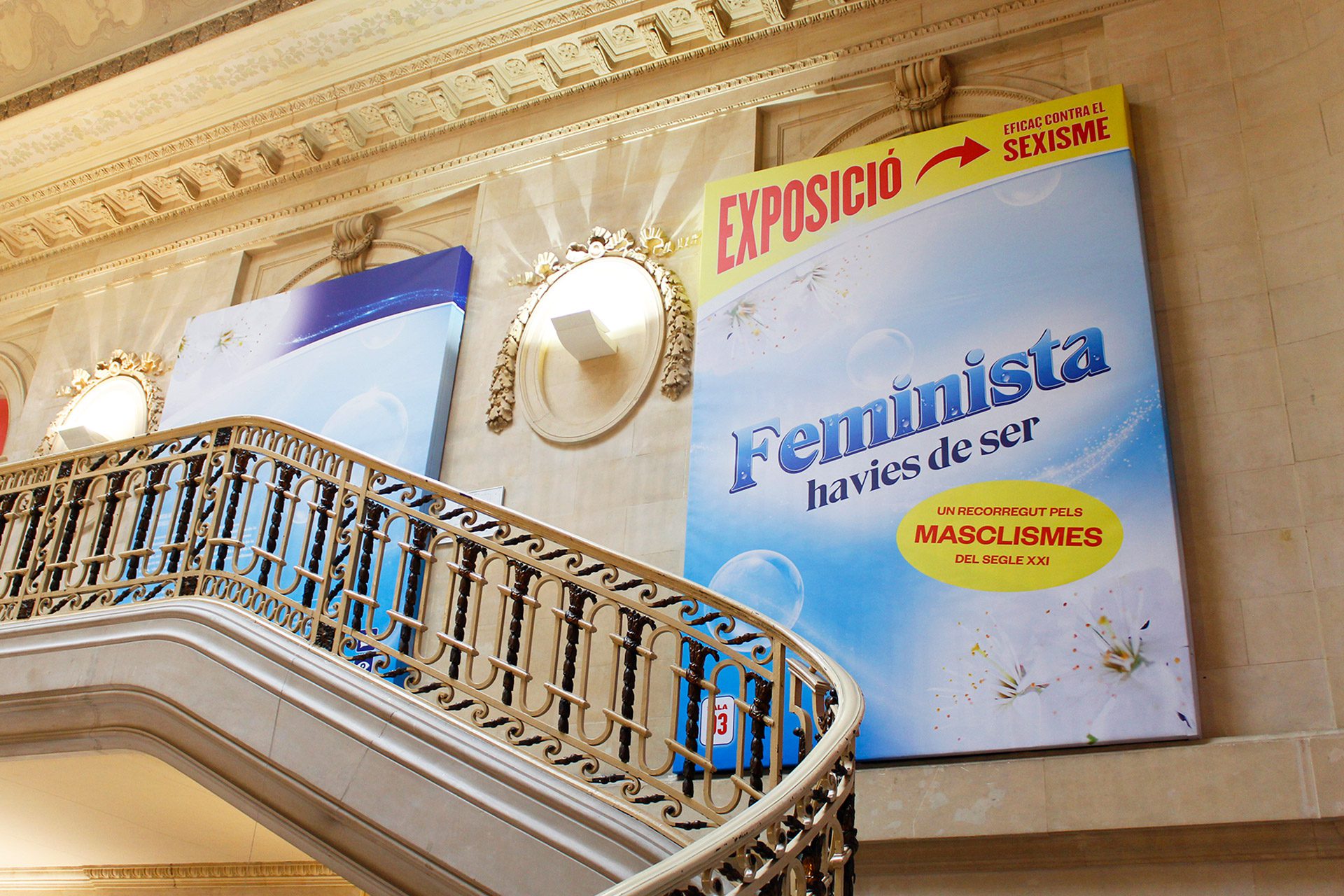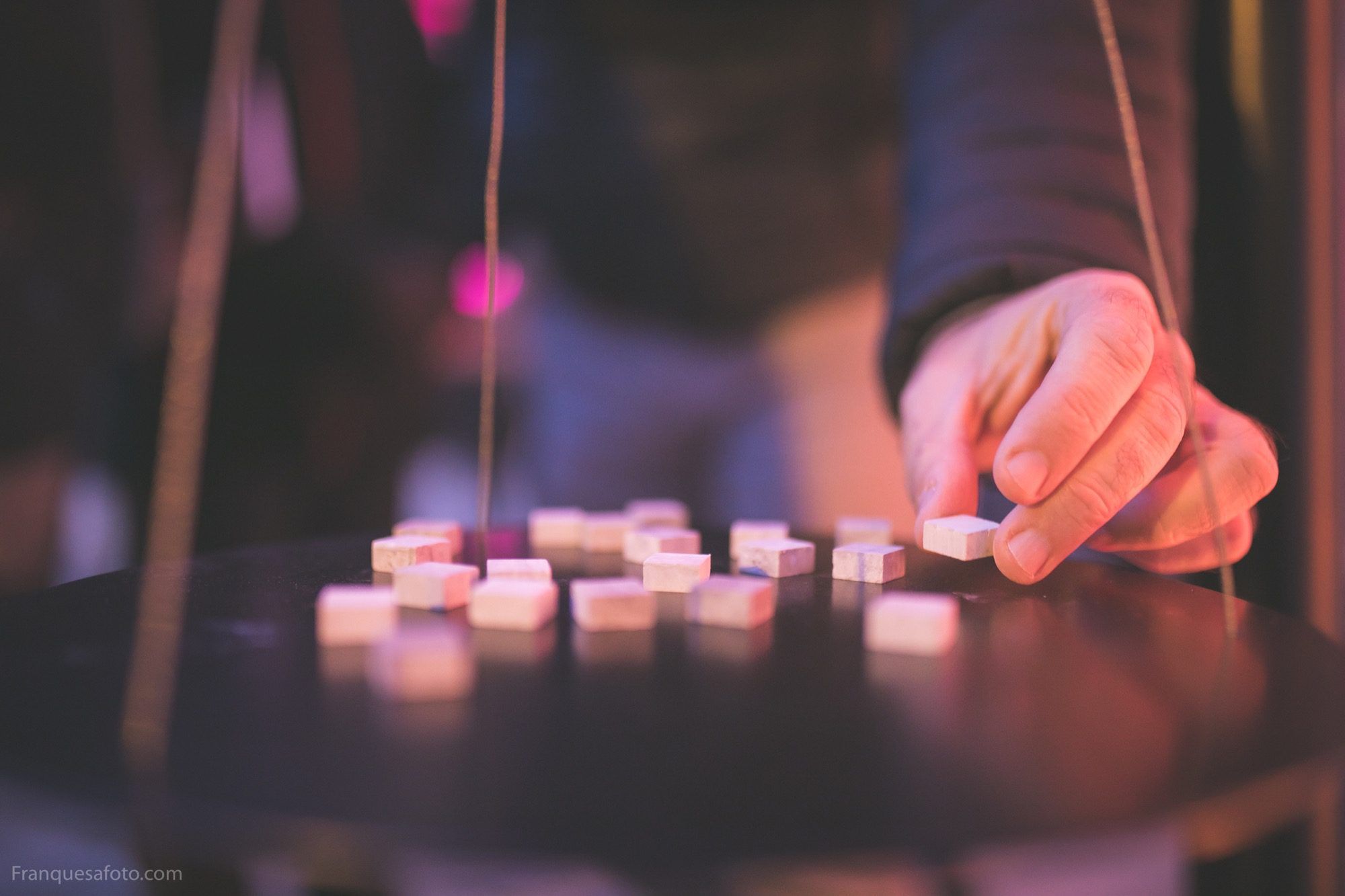In a time in which feminism is taking up a little bit more space in the public agenda, the Government of Catalonia asked us to create an exhibition on the topic along with curator, activist and writer Natza Farré. The focus was to map the current environment and bring out the daily sexism that patriarchy sadly still manages to impose; to shed some light in those topics that are still unsolved since the 70s like equal pay or the gender gap in healthcare.
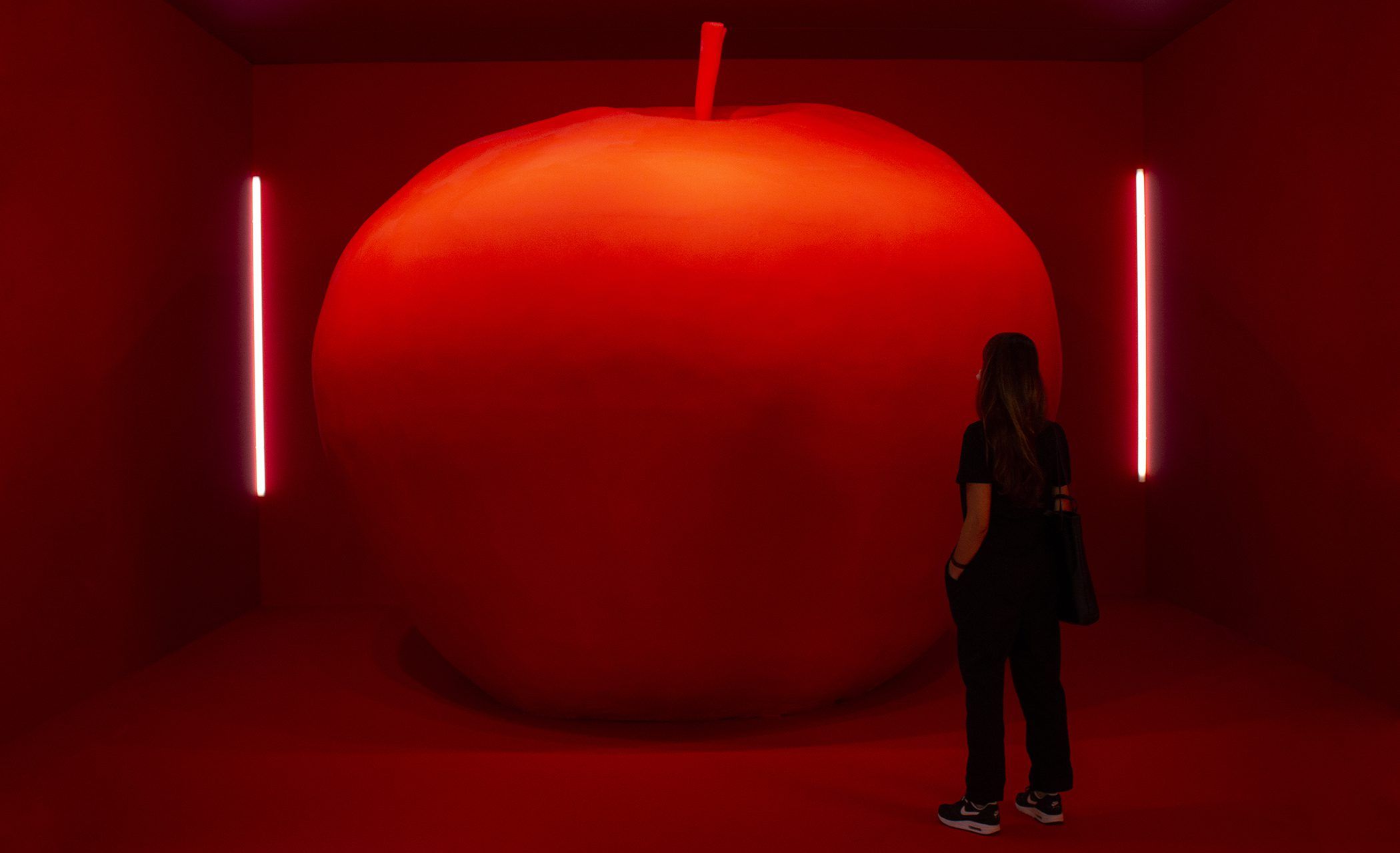
The idea was to create a storytelling exercise that would turn into a compelling tale of the everyday day of a woman; beginning with an allegorical piece about the Original Sin, the exhibition confronted the visitors with those annoying and profoundly sexist common sayings very often used, such as “be a nice girl”, “where are you going dressed like that?” or the paramount “I help at home” often stated by men and that society celebrates.
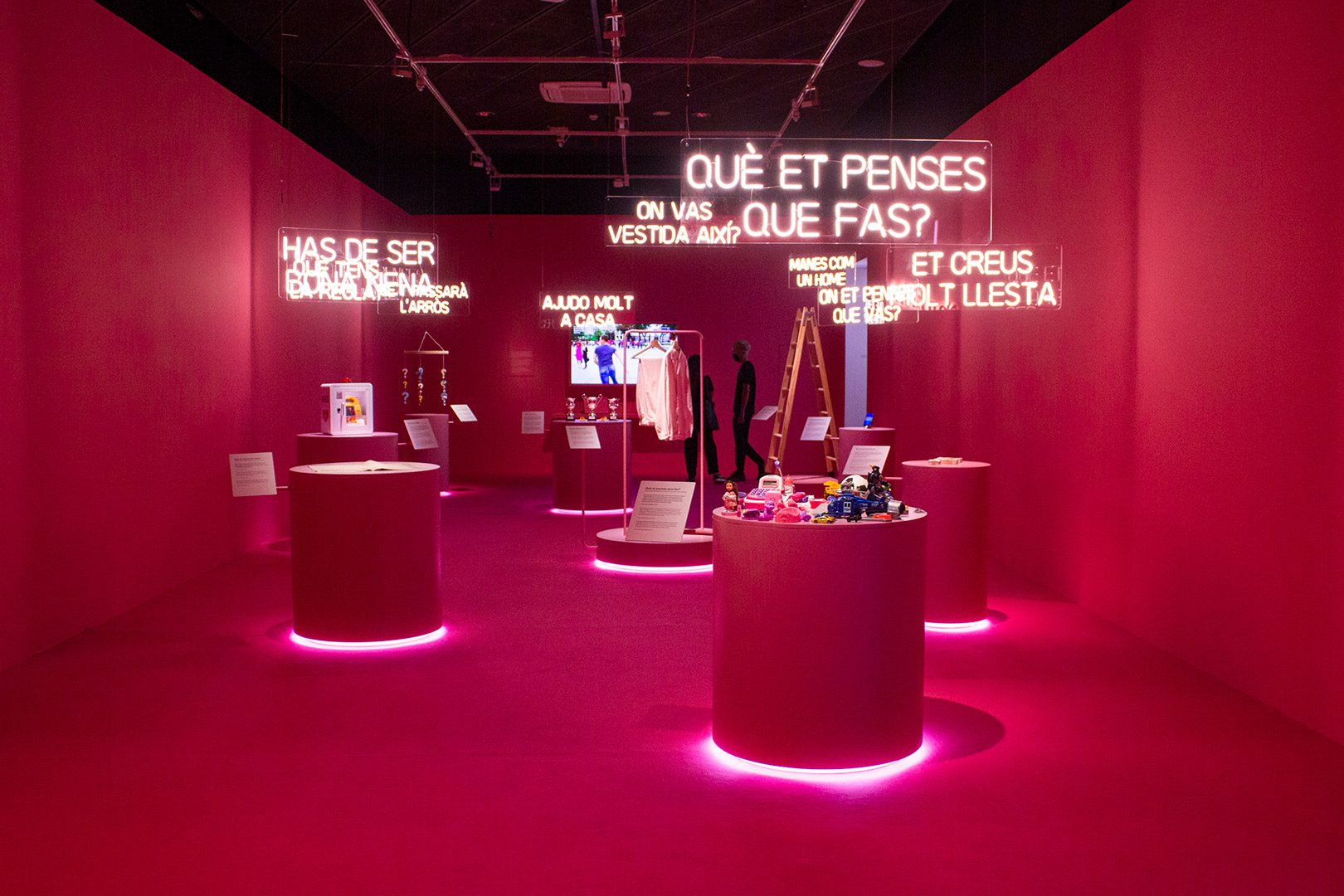
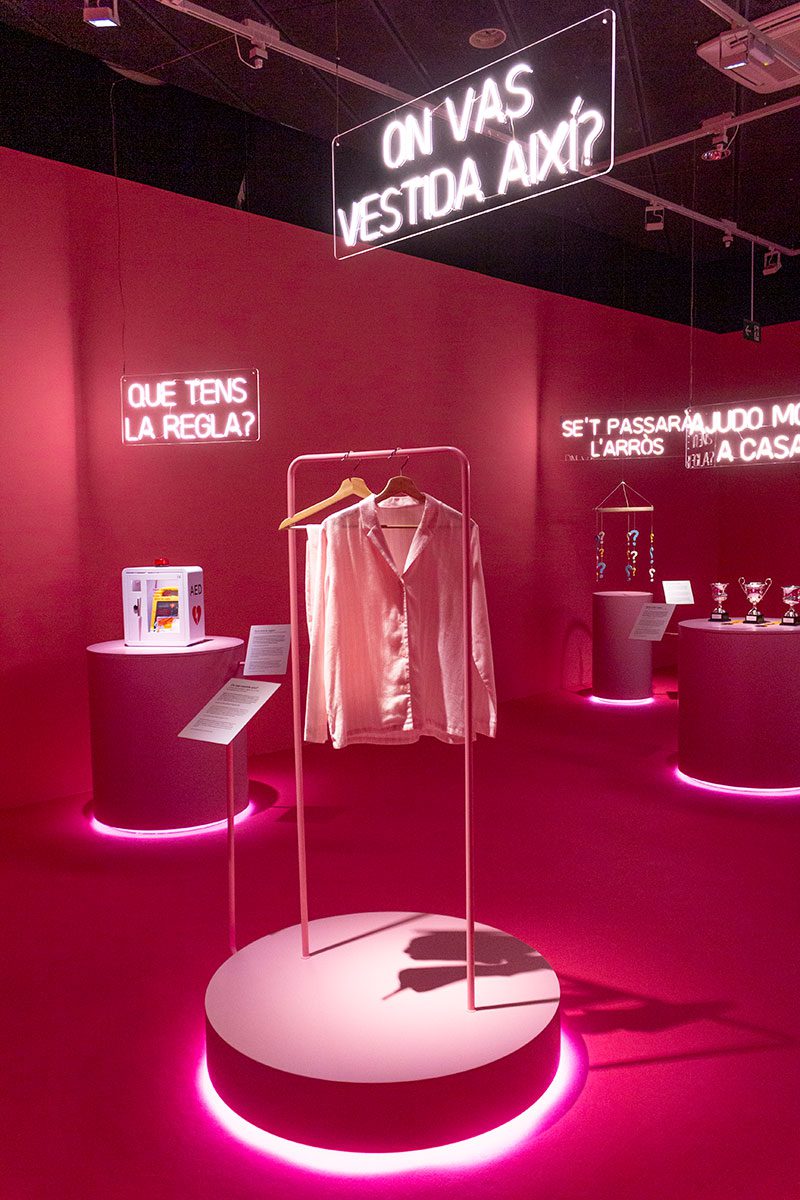
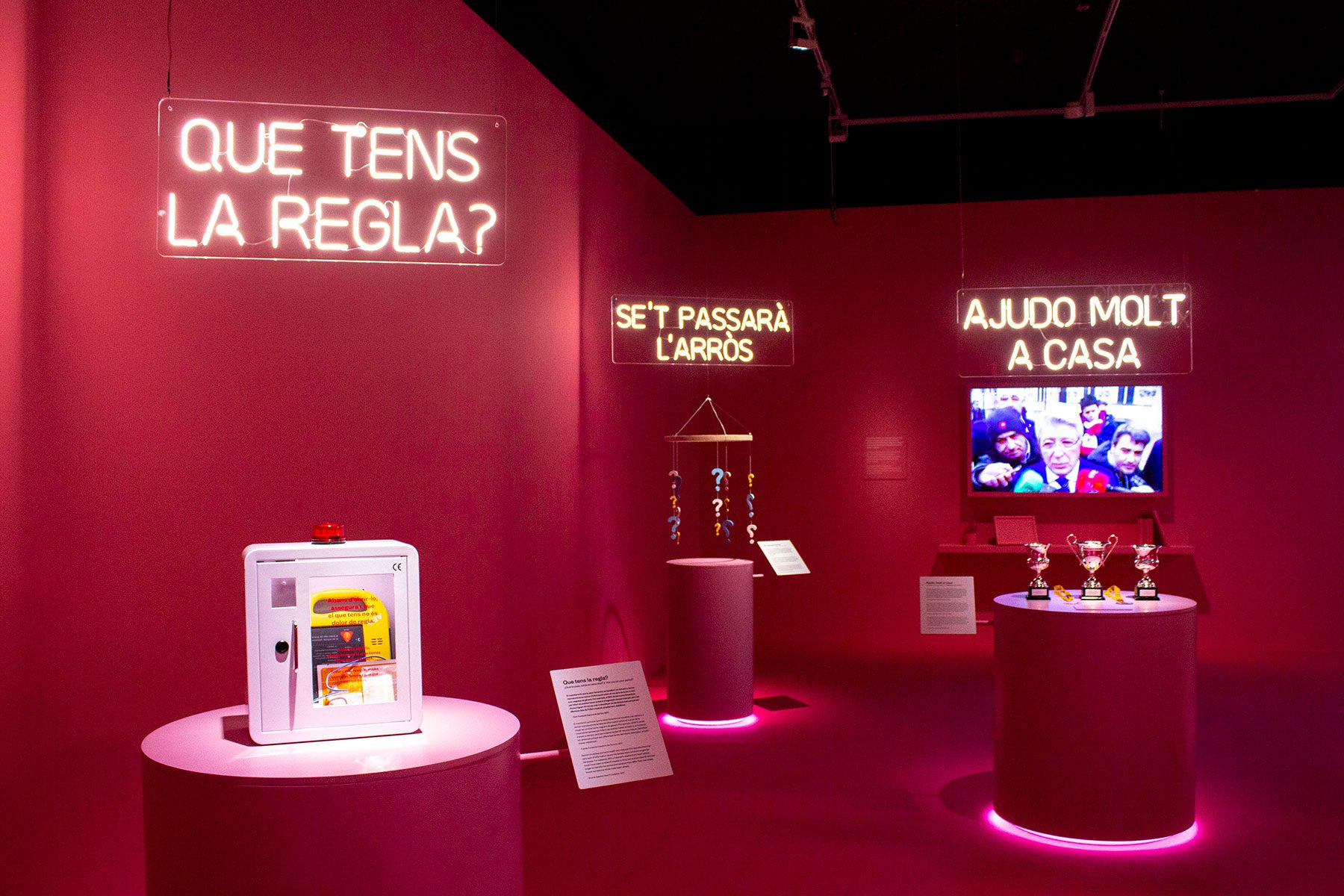
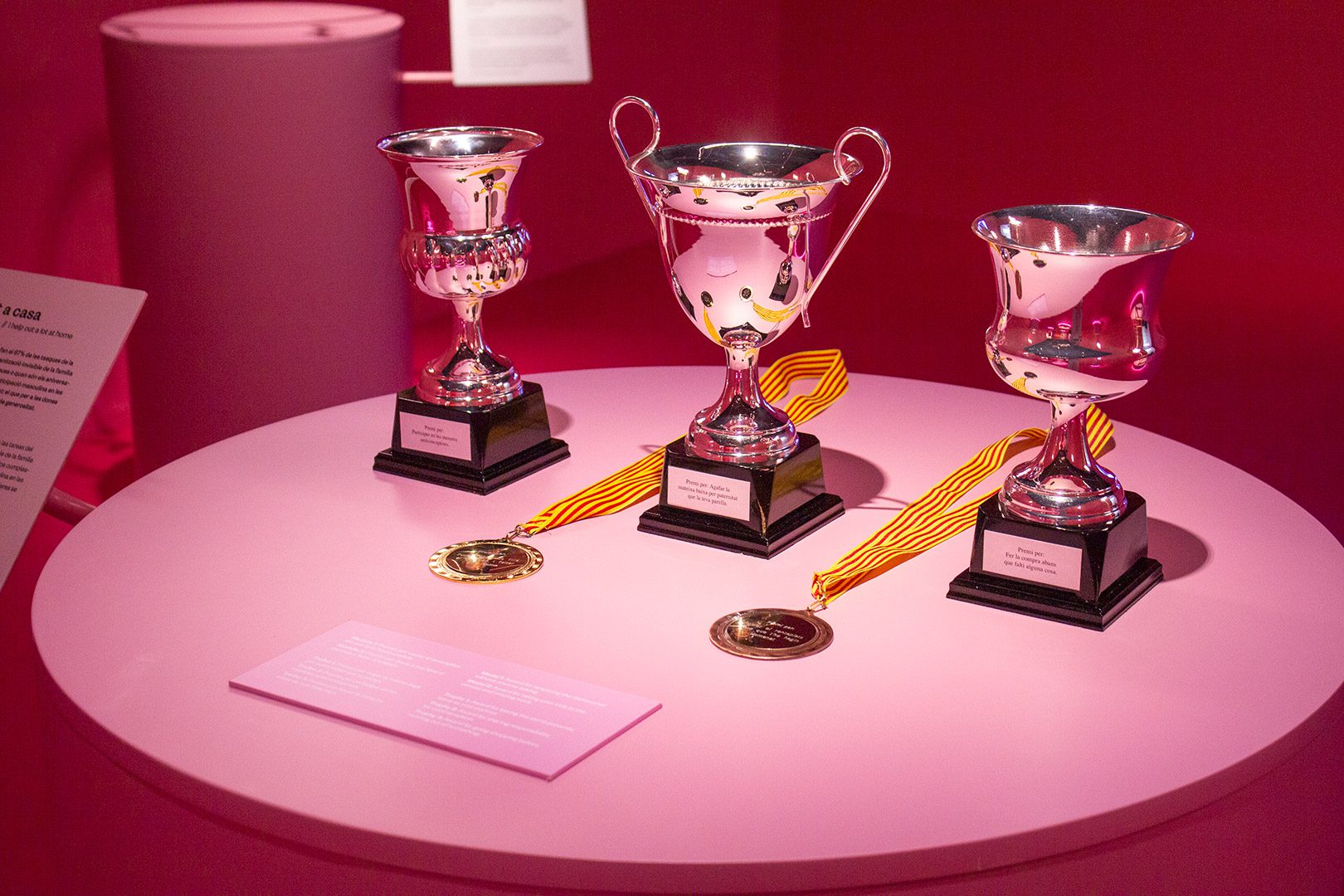
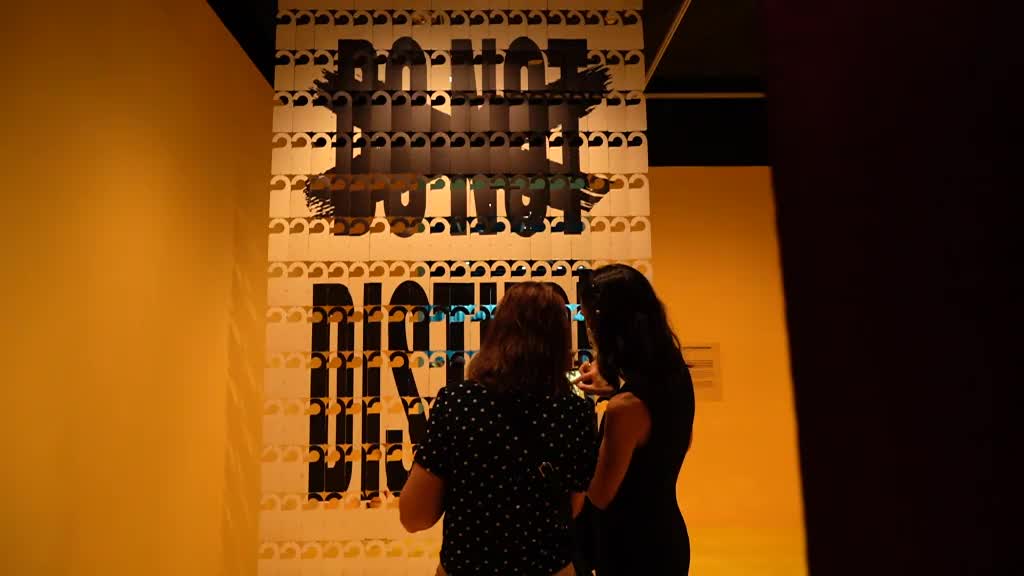
This experience was followed by a waiting room that would explain how much time women have waited to get the same rights as men in Catalonia and Spain, and would then proceed to analyse the word “feminazi” that the alt-right started to use and that has been another attempt to demonise the female equality movement. In fact, the next room was designed to celebrate the victories of feminism and the indomitable fight of women for their rights.
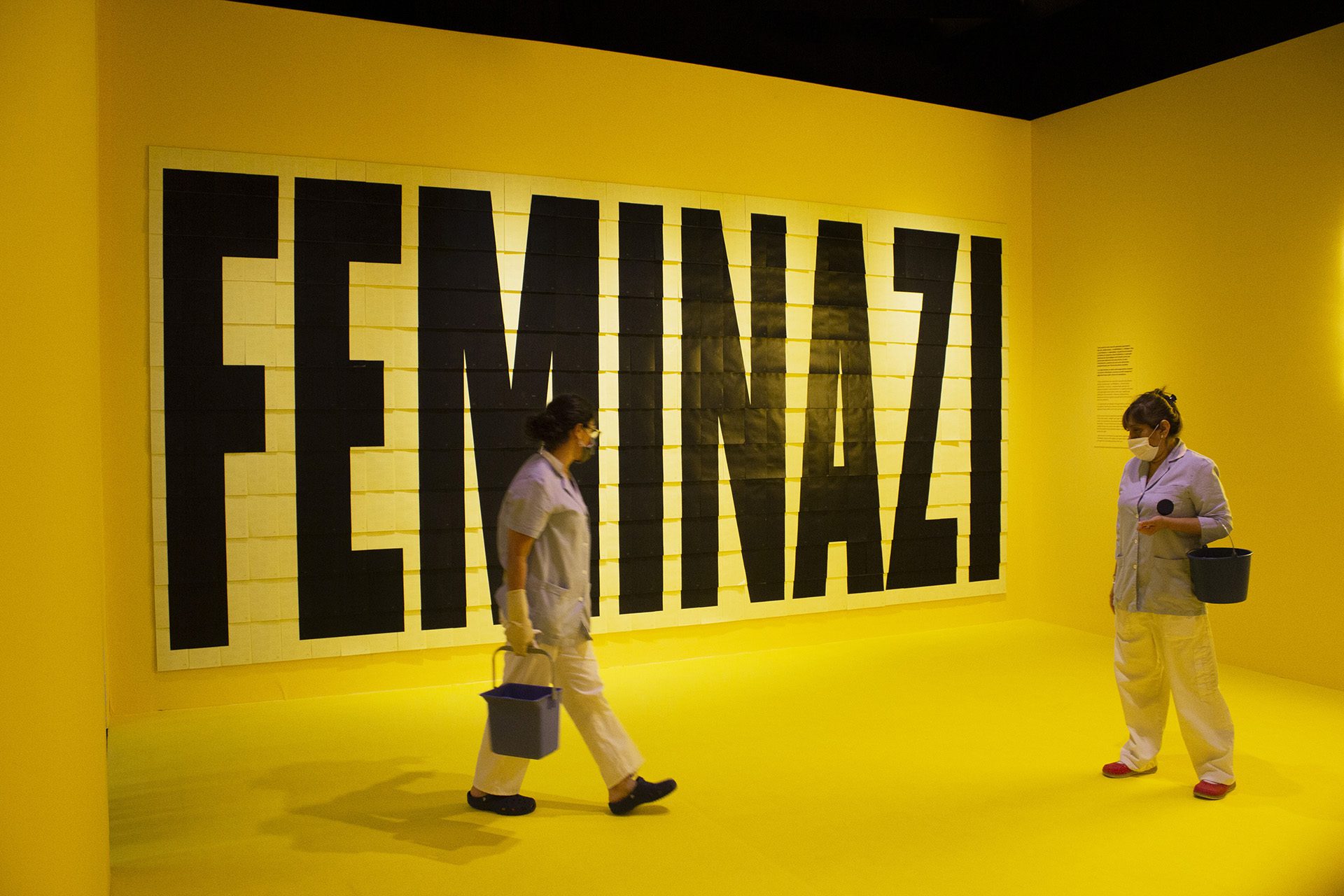
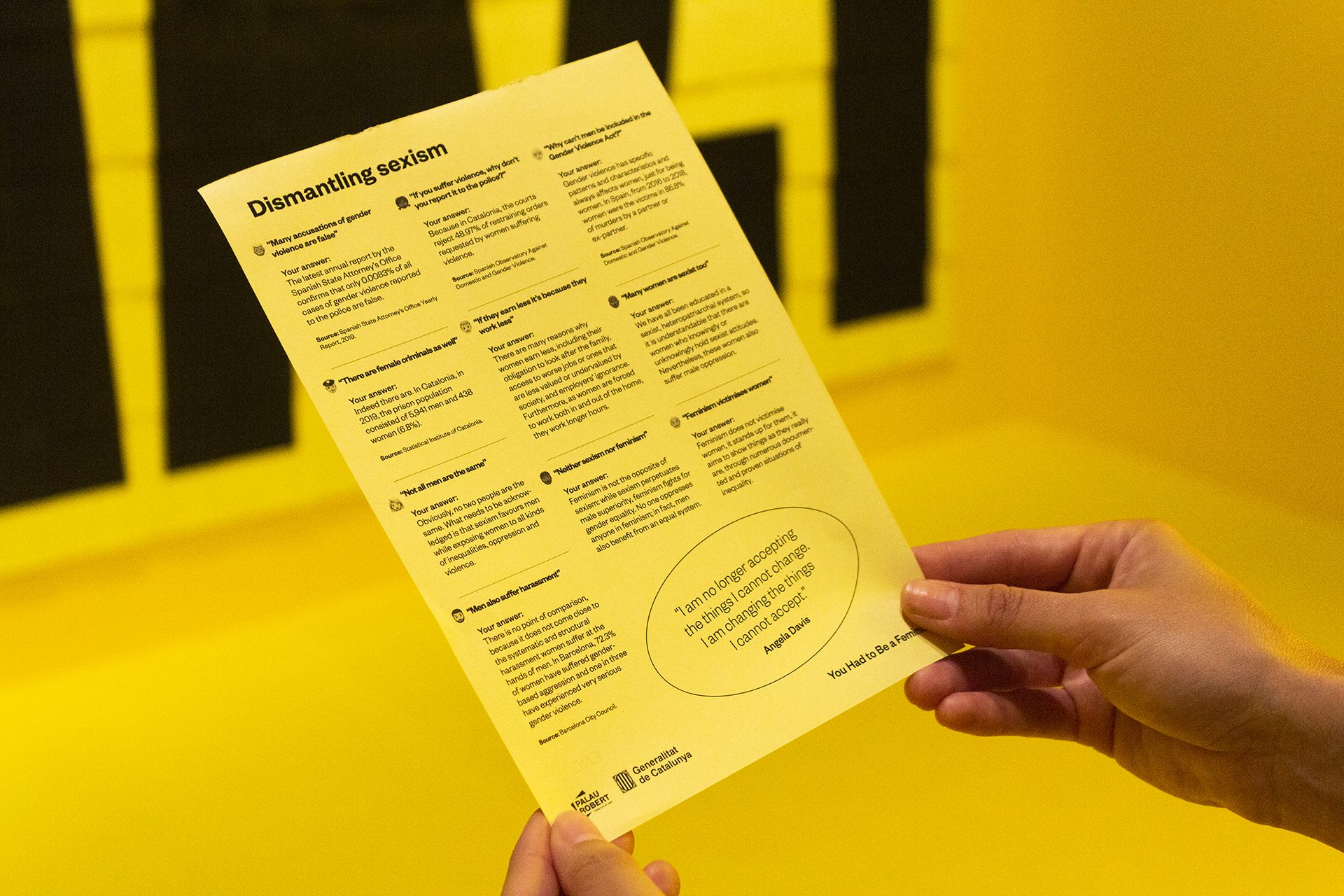
Last, but not least, the exhibition had an interactive (non-touchable due to the COVID-19 conditions) experience in which people could share, in an anonymous way, their stories around sexism building up a collective narrative.
It was all designed to be an exhibition that would share data in a comprehensible way talking about a topic that is certainly sensitive and that arouses a lot of opinions. Our main challenge was to both talk to women directly and to explain the problem to men in an empathetic way to create an honest and truthful approach to the issue.
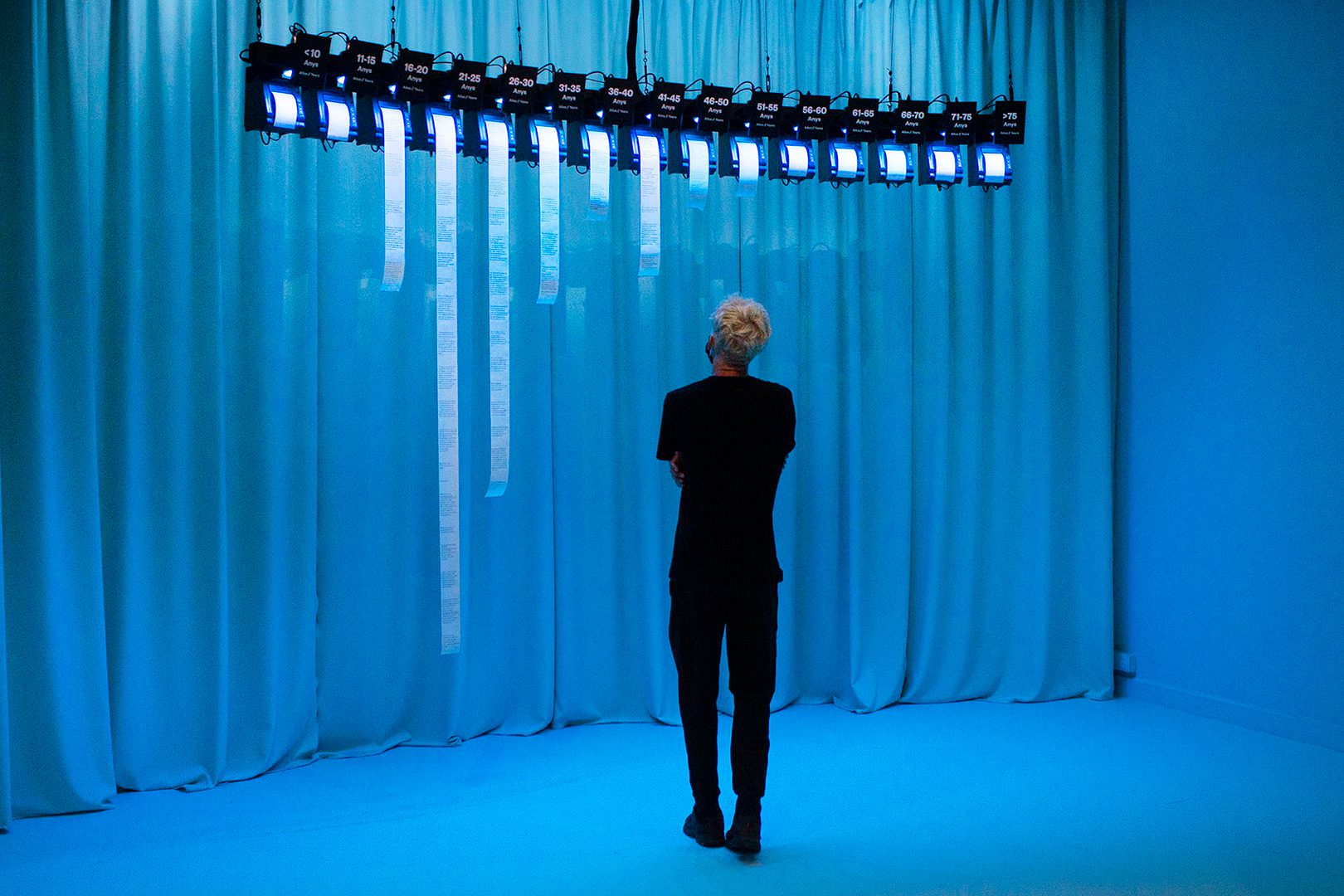
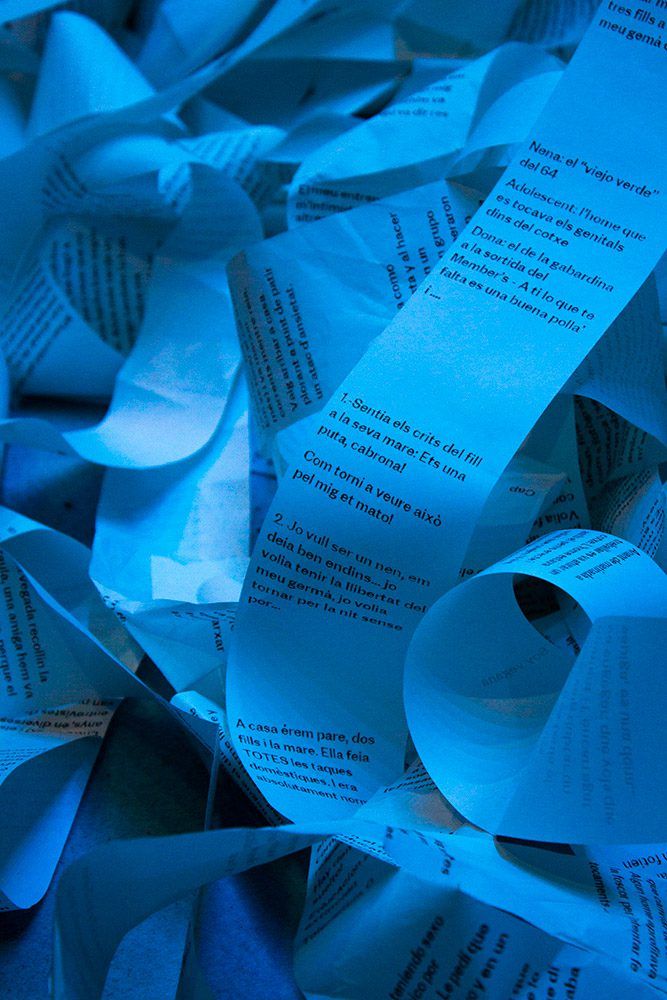
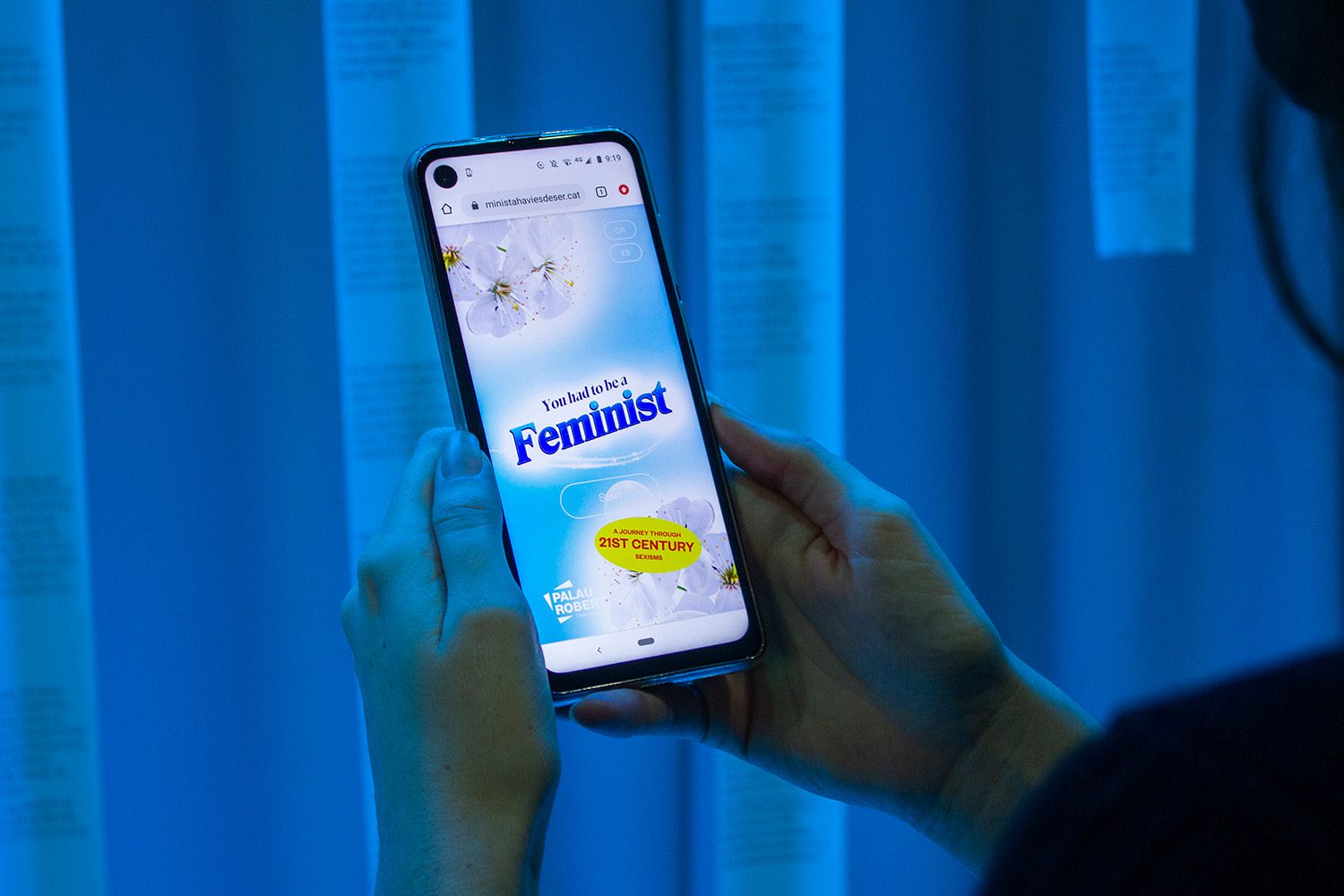
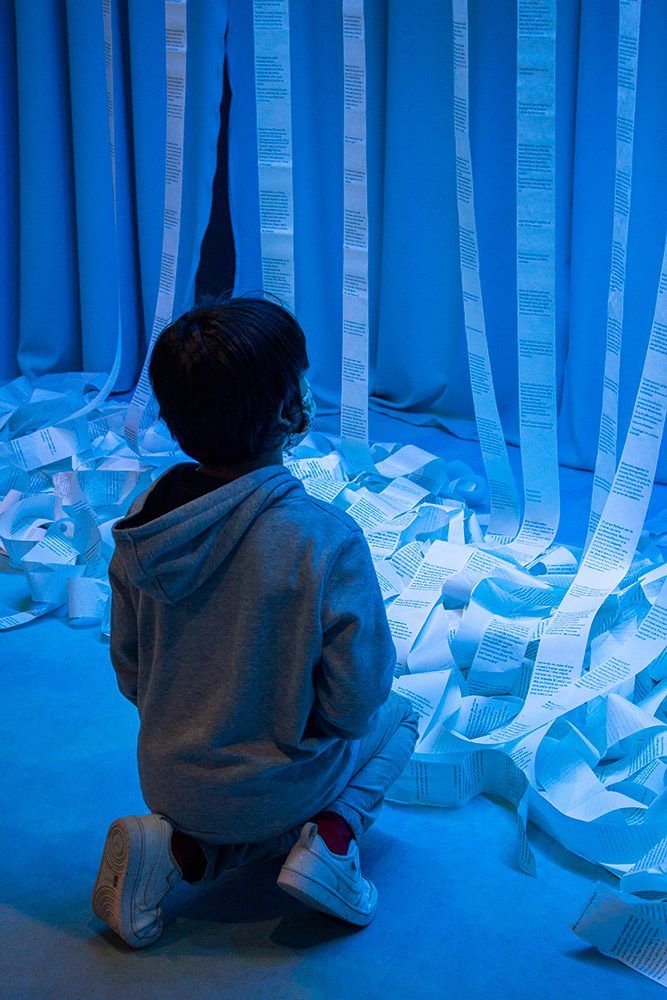
You Had to Be a Feminist
In general, do you think we live in an equal society?
Number of answers:
